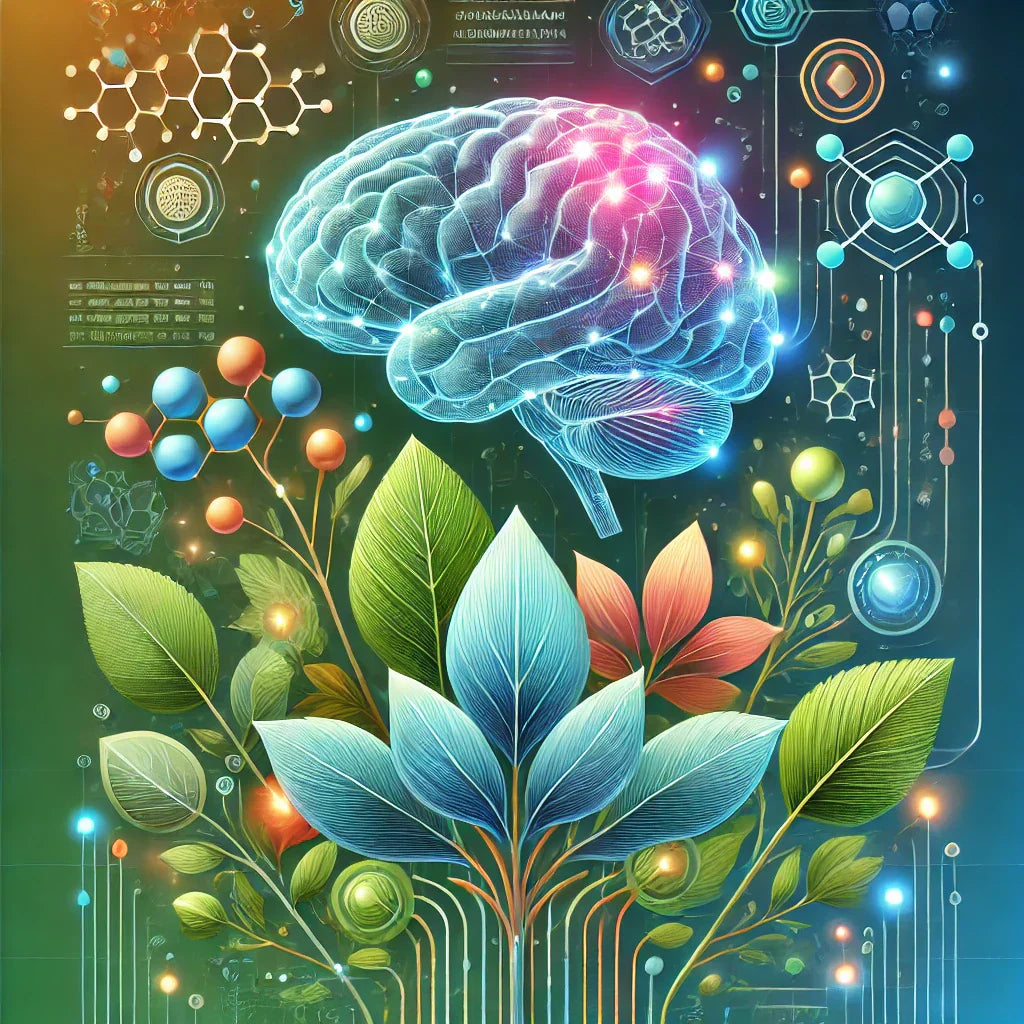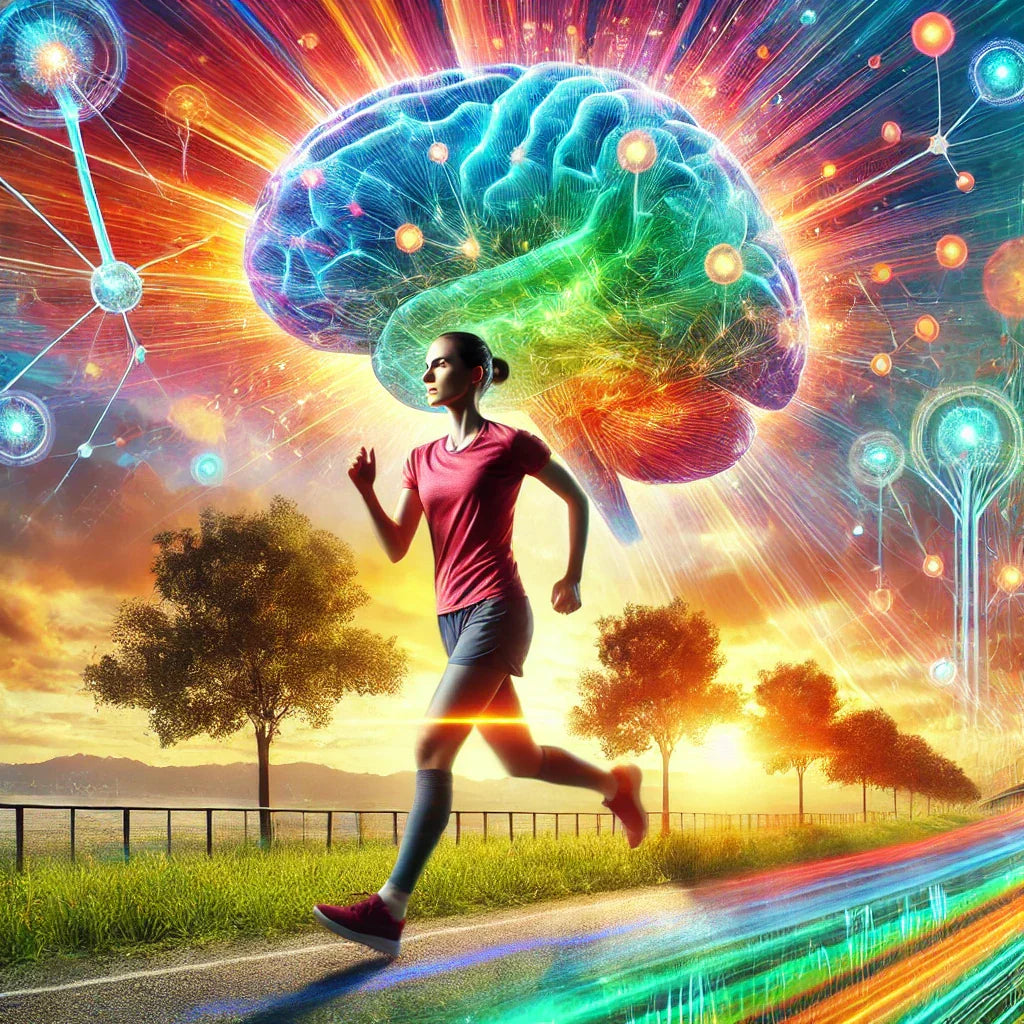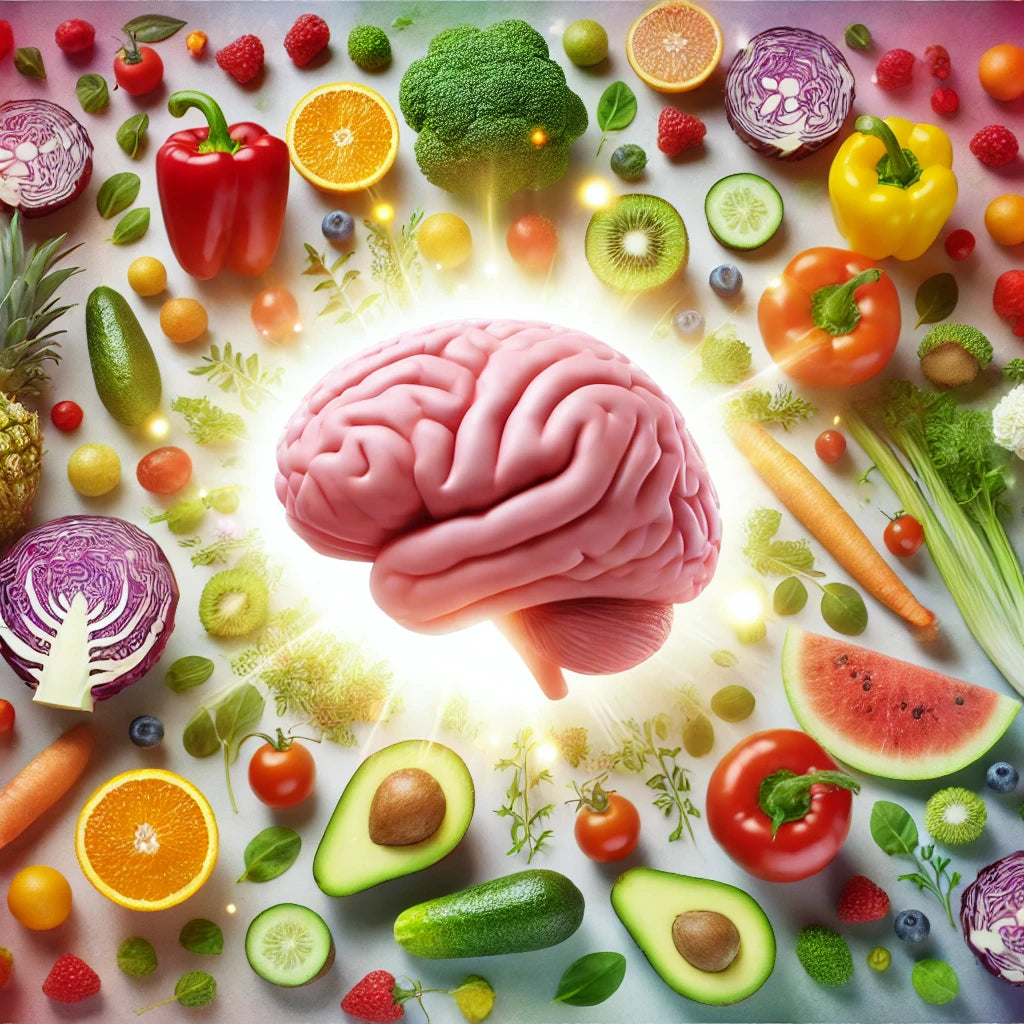News — cognitive function
How Does Polygala Root Improve Memory and Cognitive Function?
active compounds brain supplement cognitive enhancement cognitive function focus herbal remedy learning memory improvement mental clarity natural memory booster neuroprotection nootropic polygala root TCM traditional Chinese medicine
Polygala root, a celebrated herb in traditional Chinese medicine, has gained popularity as a natural remedy for enhancing memory and cognitive function. Known for its nootropic and neuroprotective properties, this herb has been used for centuries to support brain health, improve focus, and boost overall mental clarity.
This comprehensive guide delves into the science behind polygala root, its active compounds, and the mechanisms through which it promotes cognitive enhancement. Whether you are new to herbal supplements or seeking advanced insights, our supportive and research-backed approach will help you understand how to integrate polygala root into your daily wellness routine for improved memory and mental performance.
The Brain-Boosting Power of Exercise: How Physical Activity Improves Cognitive Function
brain boosting cognitive function cognitive performance exercise exercise benefits fitness focus improved memory mental clarity mind-body connection neurogenesis physical activity wellness
Regular physical activity does more than just build muscle and burn calories—it has a profound effect on your brain.
In this article, we explore the science behind how exercise improves cognitive function, from boosting memory to enhancing focus and mental clarity. Whether you're a beginner or an experienced fitness enthusiast, you'll find practical tips and scientific insights to help you harness the brain-boosting power of exercise in your daily routine.
The Role of Diet in ADHD: Why Omega-3 Fatty Acids Matter
ADHD and nutrition ADHD brain health ADHD diet ADHD in children ADHD management ADHD natural remedies ADHD supplements ADHD treatment best foods for ADHD best supplements for ADHD cognitive function DHA for brain fatty acids fish oil for ADHD focus improvement omega-3 benefits omega-3 deficiency omega-3 for ADHD
Attention-deficit/hyperactivity disorder (ADHD) affects millions of children and adults worldwide, making concentration, impulse control, and organization challenging. While genetics and environmental factors play a role in its development, growing research suggests that diet plays a significant part in managing ADHD symptoms. Among the most critical nutrients for brain function, omega-3 fatty acids stand out as essential for those dealing with ADHD.
Omega-3s are known for their role in brain development, cognitive function, and mood regulation. A deficiency in these essential fats has been linked to increased ADHD symptoms, making them a key area of focus for dietary intervention. But how exactly do omega-3s help, and what foods or supplements provide the best sources? This article explores the role of omega-3 fatty acids in ADHD and how optimizing intake can support better mental function.
The Power of Connection: Social Interaction and Brain Health
brain health cognitive function health and wellness healthy aging mental well-being neuroplasticity ocial engagement social connections social interaction
The human brain thrives on connection. Social interaction is not just a cornerstone of emotional well-being but also a key contributor to cognitive health. Studies show that maintaining strong social bonds can enhance memory, improve problem-solving skills, and even delay the onset of neurodegenerative diseases.
This article delves into the science behind social interaction and brain health, exploring how meaningful connections can help you stay sharp and thrive mentally at any age.
The Impact of Antioxidants on Cognitive Function: Boost Your Brain Health
anti-inflammatory diet antioxidant-rich foods antioxidants brain antioxidants Brain Health brain inflammation brain protection cognitive decline cognitive function cognitive health flavonoids free radicals healthy aging memory support mental agility neurodegenerative diseases omega-3 fatty acids oxidative stress supplements for brain health vitamin C vitamin E
Cognitive health is essential for maintaining a high quality of life, especially as we age. Our brain, like any other organ, is susceptible to the damaging effects of oxidative stress. This occurs when there’s an imbalance between free radicals and antioxidants in the body, leading to cellular damage. Over time, oxidative stress can impair cognitive function, contributing to memory loss, decreased mental agility, and even neurodegenerative diseases such as Alzheimer’s.
Antioxidants, found abundantly in fruits, vegetables, and certain supplements, play a crucial role in combating oxidative stress. By neutralizing free radicals, these powerful compounds help protect the brain from damage, supporting mental clarity, memory, and overall cognitive function. In this article, we will explore the profound impact of antioxidants on cognitive health, delving into the science behind their benefits and how you can incorporate them into your daily routine.





